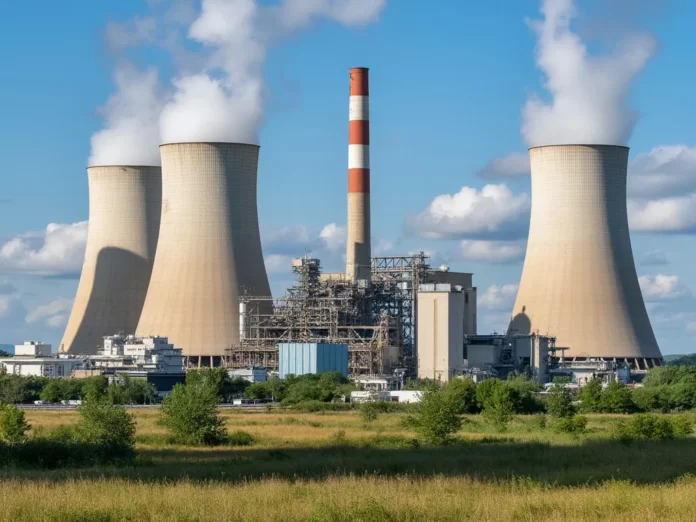The government has committed to a new set of energy sector reforms under its agreement with the International Monetary Fund (IMF), including routine tariff adjustments, halting new subsidies, and transferring circular debt stock to the Central Power Purchasing Agency (CPPA-G). These measures are aimed at stabilising the sector and ensuring debt sustainability.
According to a report by Business Recorder, these commitments, finalised during IMF consultations between February 24 and March 14, 2025, include eliminating net circular debt flow by the end of FY25 and maintaining that target into FY26.
The government also plans to keep electricity and gas tariffs cost-reflective, contain fiscal risks, and shield vulnerable consumers through targeted support. Improvements in recoveries and reduced financing costs already delivered Rs450 billion in savings in the first half of FY25.
Circular debt in the power sector stood at Rs2.44 trillion in January 2025, while gas sector debt reached Rs2.29 trillion by June 2024. To reduce the power sector’s debt, Islamabad has agreed to transfer the existing Rs2.4 trillion stock to CPPA-G. This will involve clearing Rs348 billion via renegotiated arrears with IPPs, Rs387 billion through waived interest, and Rs254 billion using budgeted subsidies.
Another Rs1.25 trillion will be raised through bank borrowing to repay Power Holding Limited loans and arrears to producers, financed by a Debt Service Surcharge (DSS) to be adjusted annually. Legislation to remove the DSS cap is expected by June 2025.
The government also committed to maintaining quarterly tariff adjustments and monthly fuel cost changes under NEPRA’s supervision. New annual rebasing of tariffs will begin in July 2025. Provinces have agreed not to issue any new power or gas subsidies.
In the FY26 budget, power sector subsidies will be lower than FY25 due to the CD stock conversion and early signs of reduced costs. However, a temporary electricity relief measure of Rs1.7 per unit will be introduced from March 17, 2025, funded through a Rs10 per litre Petroleum Development Levy. This measure, set to expire by June 2026, will apply to all non-lifeline consumers and cost Rs182 billion annually.
Additional funding from a new levy on captive power plant (CPP) users will be used to lower grid electricity prices by an estimated Rs0.90 per unit initially. The total subsidy package, capped at 0.8% of GDP, will also cover FATA and KE arrears, agricultural tubewell support, and other power sector obligations.
Authorities stated they will continue structural cost-side reforms with support from the World Bank, Asian Development Bank, and other partners to ensure long-term sector sustainability.




